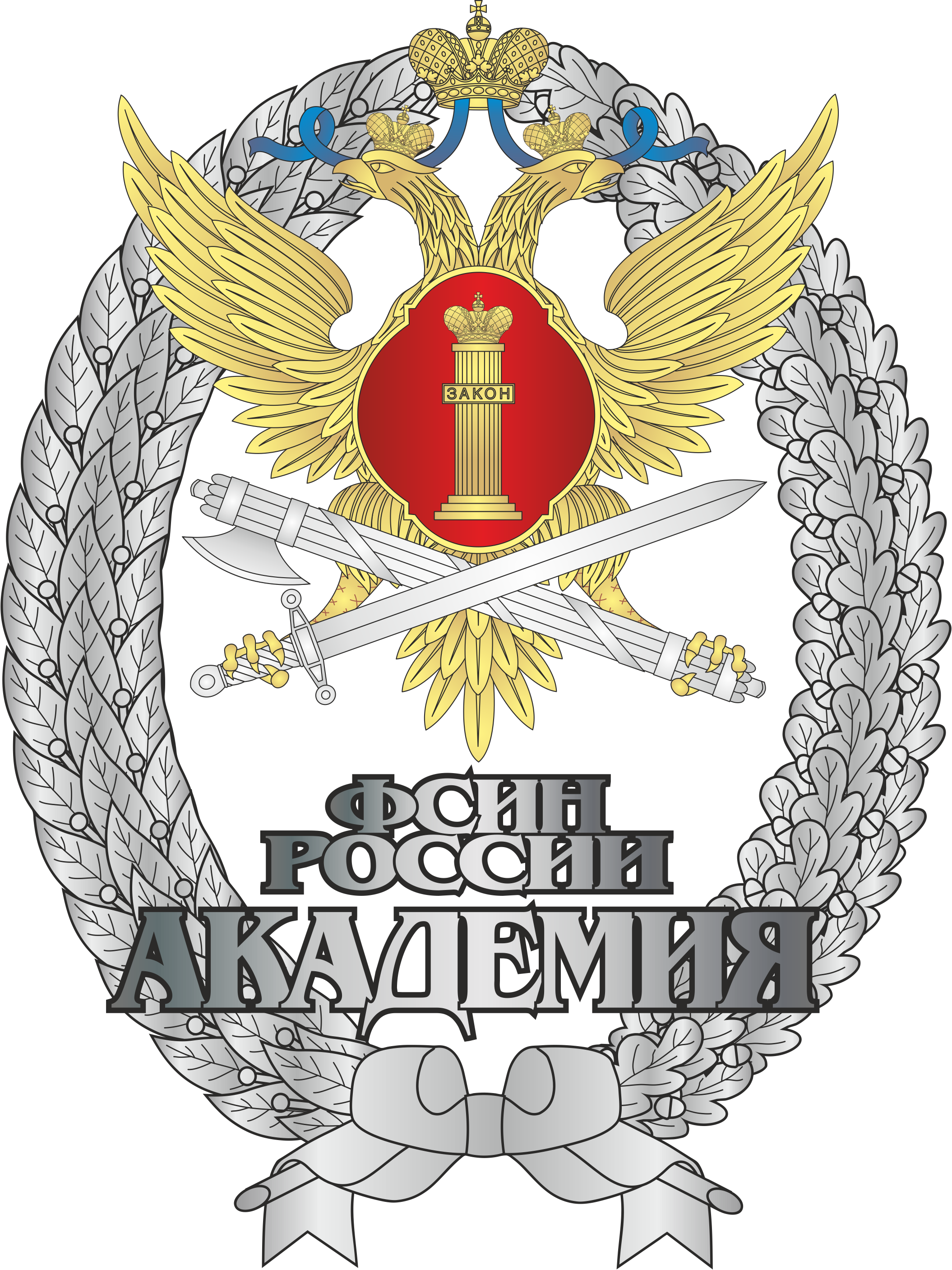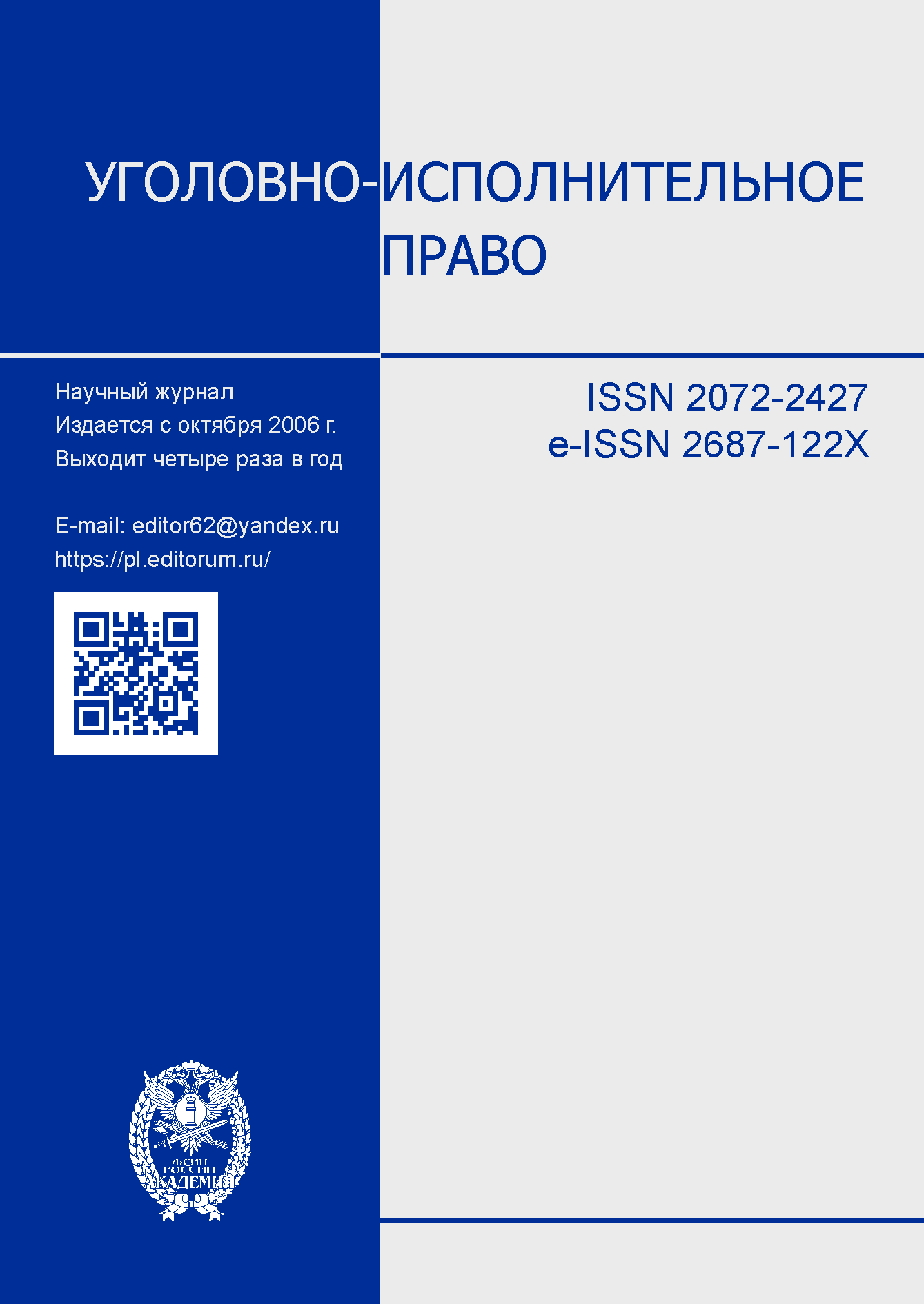Russian Federation
One of the little-studied topics remains the law of the Mongol Empire, including criminal law. An objective study of it is complicated, in particular, by the absence of the text of the Great Yasa of Genghis Khan, the main legal act of that era, which has survived to this day. However, thanks to the available historiographical sources, it can be concluded that in Mongolian society there was an idea of “shameful” and “noble” punishments. Their appointment greatly influenced the social status of both the criminal himself and his relatives. This article examines this issue and analyzes the initial provisions that existed in Russian law in different historical epochs.
Great Yasa, history of criminal law, death penalty, honor, dignity
1. Bytko Yu. I. Celi ugolovnogo nakazaniya // Vestnik Saratovskoy gosudarstvennoy yuridicheskoy akademii. 2018. № 4(123). S. 108-124
2. Gilinskiy Ya. I. Ispolnenie nakazaniya v sisteme social'nogo kontrolya nad prestupnost'yu // Zakon. 2012. № 9. S. 117-129
3. Skiba A. P. O nekotoryh napravleniyah razvitiya ugolovno-ispolnitel'nogo prava i kriminologii [k yubileyu kafedry kriminologii i ugolovno-ispolnitel'nogo prava Moskovskogo gosudarstvennogo yuridicheskogo universiteta imeni O. E. Kutafina (MGYuA)] // Soyuz kriminalistov i kriminologov. 2018. № 4. S. 39-46
4. Dugarova S. Zh. Harakteristika ugolovno-pravovyh zapretov Velikoy Yasy // Vestnik Buryatskogo gosudarstvennogo universiteta. 2013. № 2. S. 119-123
5. Dzhuveyni Ala-ad-Din Ata-Melik. Chiingishan: istoriya zavoevatelya Mira. M. : Magistr-Press, 2004. 688 s
6. Kurs ugolovnogo prava / pod red. N. F. Kuznecovoy, I. M. Tyazhkovoy. M. : Zercalo, 2002. T. 2 : Obschaya chast'. Uchenie o nakazanii
7. Ryazanovskiy V. A. Obzor pamyatnikov mongol'skogo prava. Ulan-Bator, 2000











